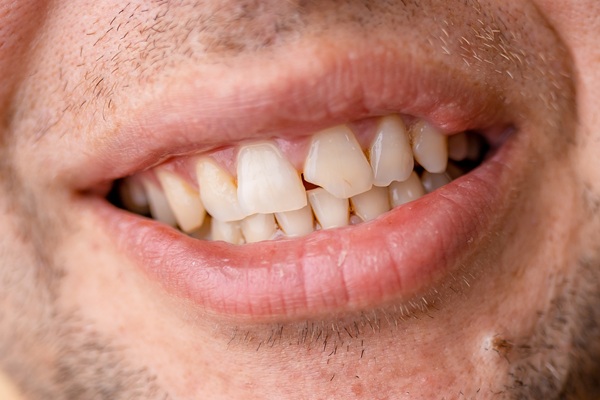What You Need to Know About Getting a Tooth Extraction

Tooth extraction is sometimes necessary to protect a person's dental and overall health. It is often the last resort, except in the case of wisdom teeth which are typically removed the first time they cause problems.
A tooth extraction should not be confused with a child pulling out one of their milk teeth. An extraction is a sometimes surgical procedure that involves the removal of a permanent tooth as well as its roots.
When is a tooth extraction recommended?
A dentist might recommend the removal of a tooth for various reasons. It can because a wisdom tooth is not developing properly or because a tooth has been so badly damaged by tooth decay, a root canal cannot be performed to save it. Extraction is also recommended when a tooth has been infected. An oral infection is no laughing matter and it can quickly spread to the person's jawbone and vital organs like the brain and heart. It can be fatal if the proper treatment is not administered in a timely manner.
Dentists are quick to recommend the removal of wisdom teeth because they are the only teeth that are not necessary for any function. Wisdom teeth are a reminder of the human evolutionary past when larger jaws where necessary. The average person's jaw is no longer big enough for wisdom teeth, making them likely to push against other teeth or rub against the person's cheeks.
Extraction is also sometimes used to deal with certain orthodontic issues. For example, crowded teeth can be addressed by removing one of them, making room for the others to grow into their proper alignment.
What to expect during a tooth extraction
The approach a dentist takes to remove a tooth depends on how well developed the tooth is. If the tooth in question has already fully erupted, a simple extraction might be all that is needed. The dentist will use a pair of forceps to loosen the tooth and pull it and its roots out.
If the tooth has not fully erupted or is impacted, a surgical extraction might be needed. The patient will be given a shot of anesthetic and the dentist might cut open part of the person's gums to reach the tooth and pull it out. The gums will be sutured once the tooth has been removed.
Life after an extraction
After an extraction, patients should apply gauze to the area and bite down on it to stop any bleeding. A blood clot should form inside the socket within a few hours. Patients should avoid touching the site of the extraction or irritating it since it can lead to a painful condition called dry sockets.
Patients are advised not to use tobacco products or drink with a straw the first two weeks after an extraction. The dentist might prescribe painkillers to ease discomfort. It is best to stick to bland, soft foods that are consumed while warm.
Patients should try not to brush for the first few days after an extraction to avoid irritating the socket. Oral hygiene can be maintained by rinsing the mouth with salt water after every meal.
The bottom line
Are you dealing with a dental issue that might require an extraction? Talk to one of our dentists to find out what your options are.
Request an appointment here: https://www.lilburnfamilydentistry.com or call Lilburn Family Dentistry at (770) 800-0178 for an appointment in our Lilburn office.
Check out what others are saying about our dental services on Yelp: .


